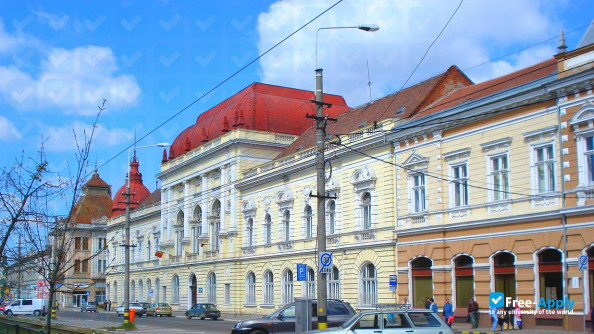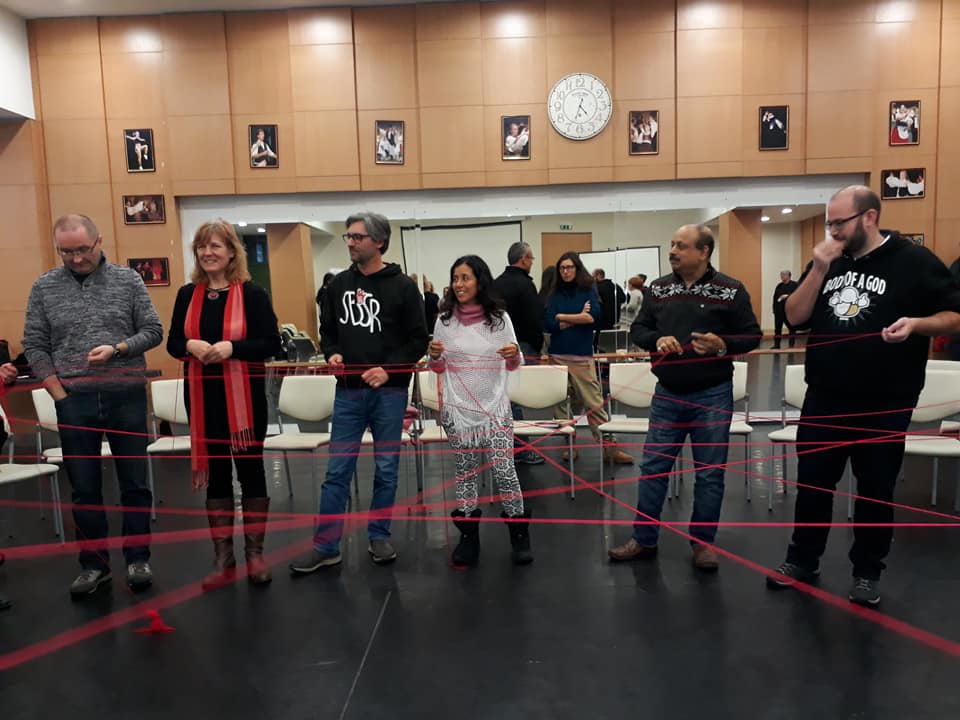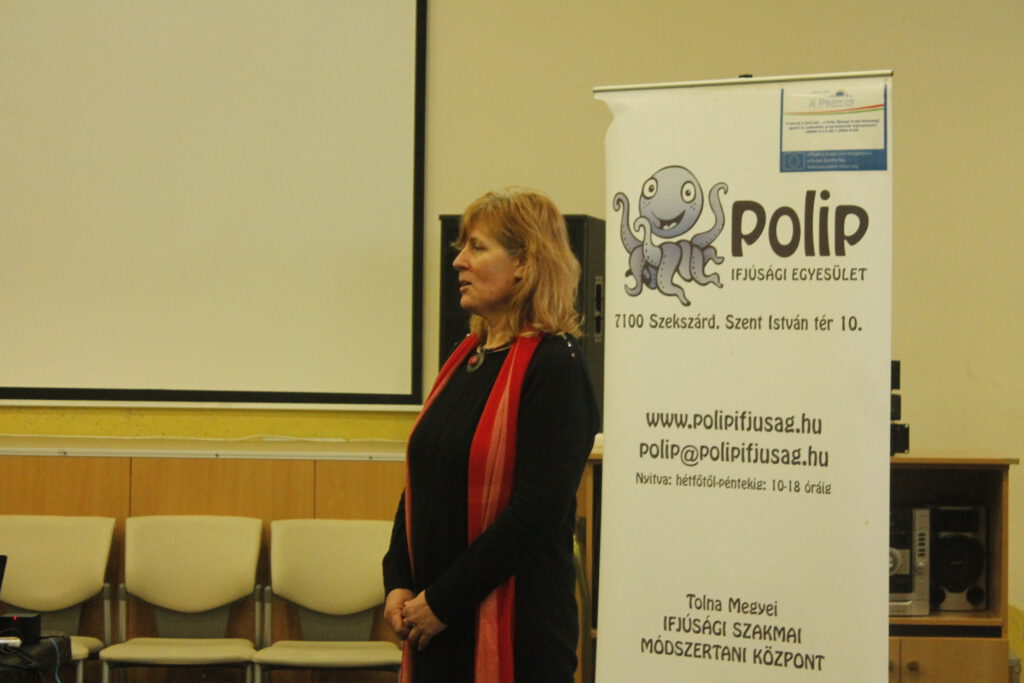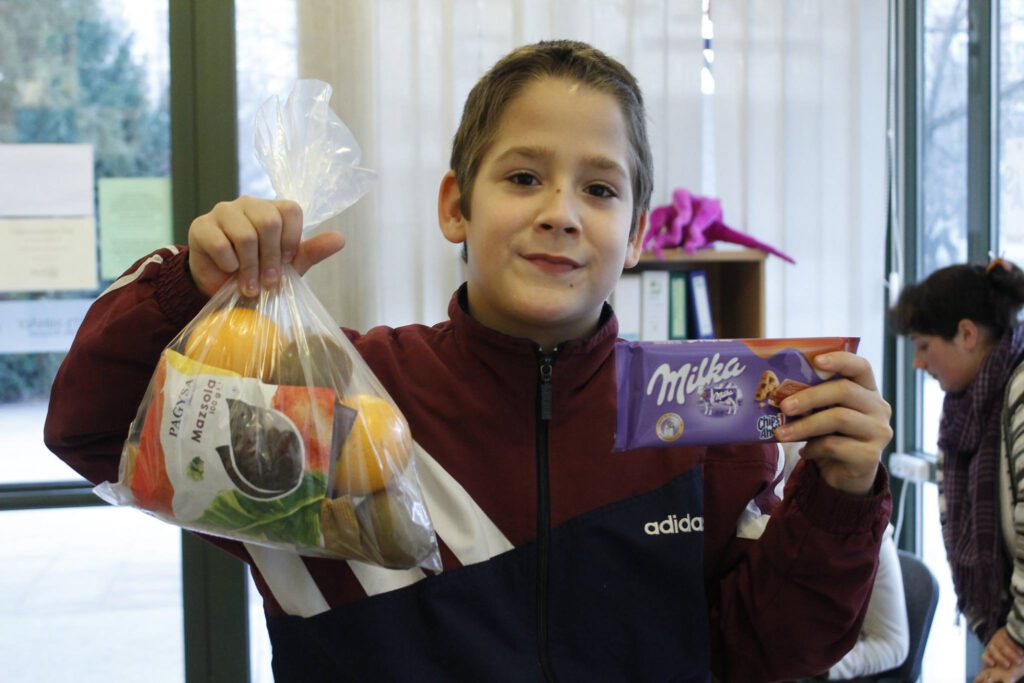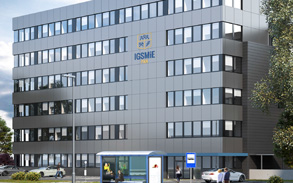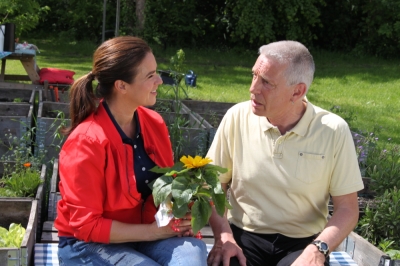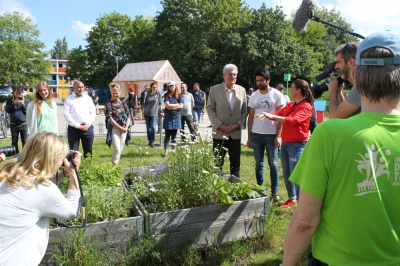By deepening international co-operations with student and staff mobility, we can see that those are additional benefits for our students and students at our partner universities. Professors and staff are using them to improve their intercultural, lingual, and professional competences and can discuss topics concerning course translations and the process of credit recognition. The applying college of electrical, mechanical, and industrial engineering has itself collaborations e.g. with Ukraine, Russia, Macedonia, Tanzania, Lesotho, South Africa, United States, China, Morocco, and more. With nine English speaking master’s degree programs, Anhalt University of Applied Sciences has become even more attractive for potential master degree incomers. English speaking support, project and research work has also been established for Bachelor students. With an improved number of one-on-one seminars, we have yet another option on our curriculum for undergraduate incomers. This does not only help to provide the necessary input for English speaking incomers, but is also added value for German students.
If needed, International students can also attend German-speaking seminars and receive a higher level of individual support there. Thanks to our language center and professors, this approach has resulted in lots of positive feedback and has encouraged us to carry on our efforts in this core area. By avoiding classroom-style teaching methods and creating mixed learning groups we can observe lots of positive side effects and intercultural synergies. Intercultural competences and the confrontation with bureaucratic procedures help to improve the further development and progress of the program participants. And every new mobility opens a new perspective for us. In the end, Erasmus+ is a motor and a pioneering project for Anhalt University of Applied Sciences and the European Union.

